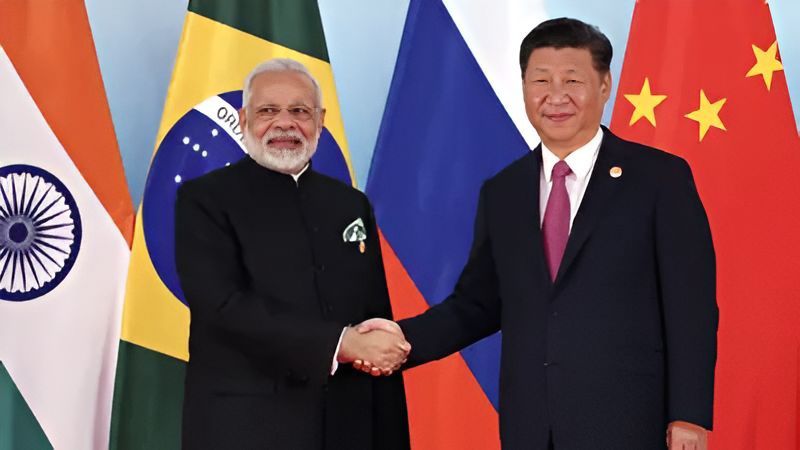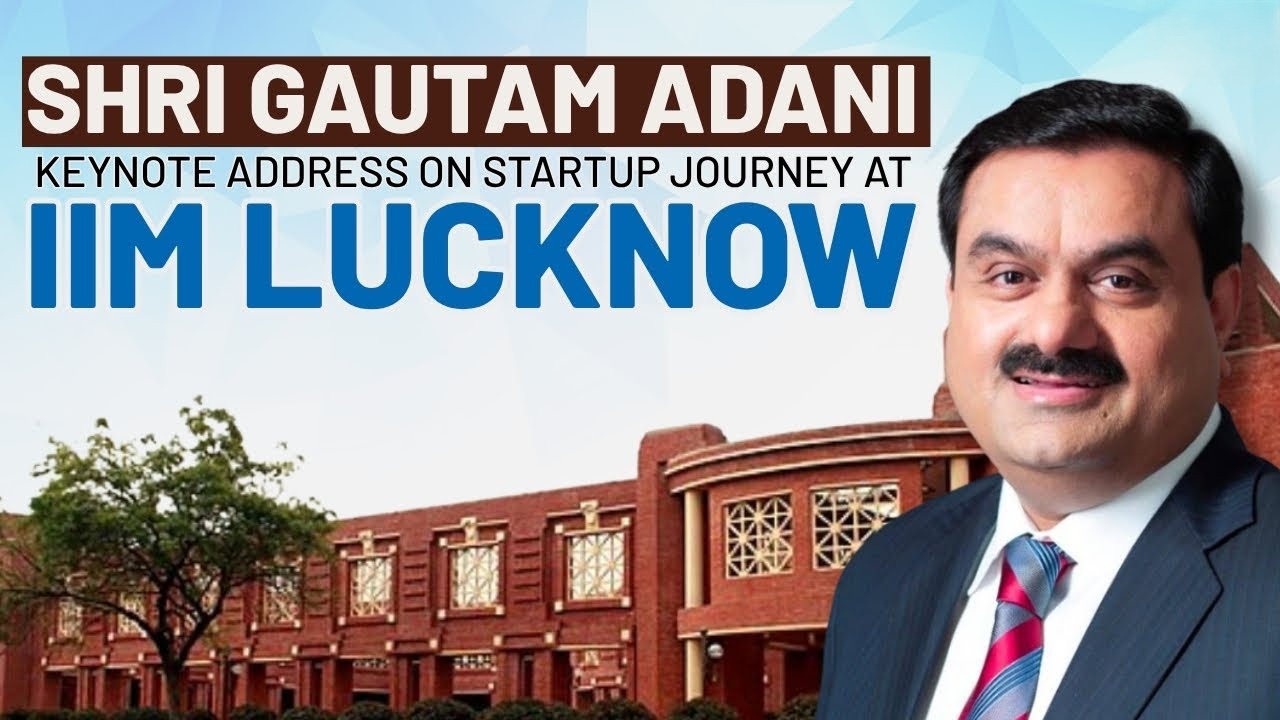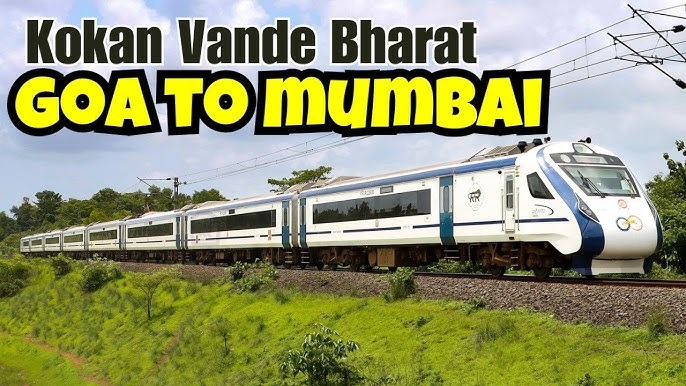 Image Source: Kashmir Observer
Image Source: Kashmir Observer
China has officially welcomed Prime Minister Narendra Modi’s planned visit to attend the Shanghai Cooperation Organisation (SCO) Summit, scheduled for August 31 to September 1, 2025, in Tianjin. This trip marks PM Modi’s first visit to China since 2019 and reflects a notable moment of diplomatic engagement amid growing geopolitical complexities.
Key Highlights: China’s Warm Reception and Summit Significance
Chinese Foreign Ministry spokesperson Guo Jiakun expressed China’s warm welcome to PM Modi, calling the upcoming SCO Summit the largest gathering since the organisation’s inception, with over 20 countries’ leaders attending, including all SCO member states and heads of 10 international organisations.
The summit is described as a “gathering of solidarity, friendship, and fruitful results,” signaling hopes that the conversations will usher in a new phase characterized by greater coordination, dynamism, and high-quality development within the SCO framework.
This visit follows recent high-level SCO-related engagements in China by Indian Defence Minister Rajnath Singh, National Security Advisor Ajit Doval, and External Affairs Minister S. Jaishankar, demonstrating sustained dialogue between the two nations despite previous tensions.
Strategic Context and Geopolitical Dynamics
Modi’s visit occurs amid heightened global tensions, notably following U.S. President Donald Trump’s imposition of significant tariffs on Indian imports and criticism of certain SCO and BRICS nations’ energy policies, including India’s purchase of Russian oil.
The SCO summit offers a platform for India to strengthen ties with regional partners such as China, Russia, and Pakistan within a multilateral framework focused on regional stability and cooperation.
The planned trip carries additional diplomatic weight as Modi and China’s President Xi Jinping have made attempts to reduce tensions following the 2020 Galwan Valley clashes that had strained bilateral relations.
Modi’s last meeting with Xi Jinping at the BRICS summit in Russia in October 2024 had already signaled a willingness to engage constructively moving forward.
Bilateral and Multilateral Engagements at the SCO Summit
Prime Minister Modi is expected to hold bilateral meetings not only with Chinese President Xi Jinping but also with Russian President Vladimir Putin, facilitating dialogue on key regional and global issues.
The SCO agenda will include cooperation on counterterrorism, economic collaboration, energy security, and addressing emerging global challenges with a view to fostering stability across Eurasia.
The presence of numerous international organisations alongside member states highlights the SCO’s evolving role on the global stage.
India-China Relations: Forward Movement Amid Complexity
Modi’s planned visit is underscored by India’s refusal in June 2025 to endorse an SCO defense communiqué that omitted mention of the Pahalgam terror attack while referring to unrest in Pakistan’s Balochistan province. However, China later condemned the Pahalgam attack strongly, indicating a nuanced stance toward regional security cooperation.
Resumption of people-to-people links is also notable, with India restarting tourist visa issuance for Chinese nationals after a multi-year halt.
This visit highlights cautious but persistent attempts to normalize diplomatic and economic relations, balancing India's broader strategic partnerships with the U.S. amidst tariff-driven tensions.
Cultural and Economic Dimensions
PM Modi’s itinerary includes a stop in Japan before heading to Tianjin for bilateral summits, reflecting India’s multifaceted diplomatic outreach in Asia.
Enhanced SCO cooperation offers opportunities for economic engagement, infrastructure collaboration, and cultural exchange, underpinned by mutual goals of regional peace and prosperity.
Outlook and Broader Implications
The Tianjin SCO Summit promises to deepen high-level regional dialogue and may pivot towards a coordinated response to global challenges like climate change, sustainable development, and evolving security threats.
India’s active participation demonstrates its commitment to multilateralism and a balanced foreign policy orientation amidst global competitive pressures.
China’s public welcome suggests an appetite for constructive engagement, despite underlying competitive complexities between the two Asian powers.
In summary, PM Narendra Modi’s upcoming visit to the SCO Summit in Tianjin represents a critical diplomatic occasion offering a space for renewed cooperation, strategic dialogue, and confidence-building among regional powers. Against the backdrop of challenging geopolitical currents, the summit and Modi’s active role underscore India’s intent to pursue stability, collaboration, and mutual progress in Eurasia.
Sources: India Today, Tribune India, Reuters
Advertisement
Advertisement





